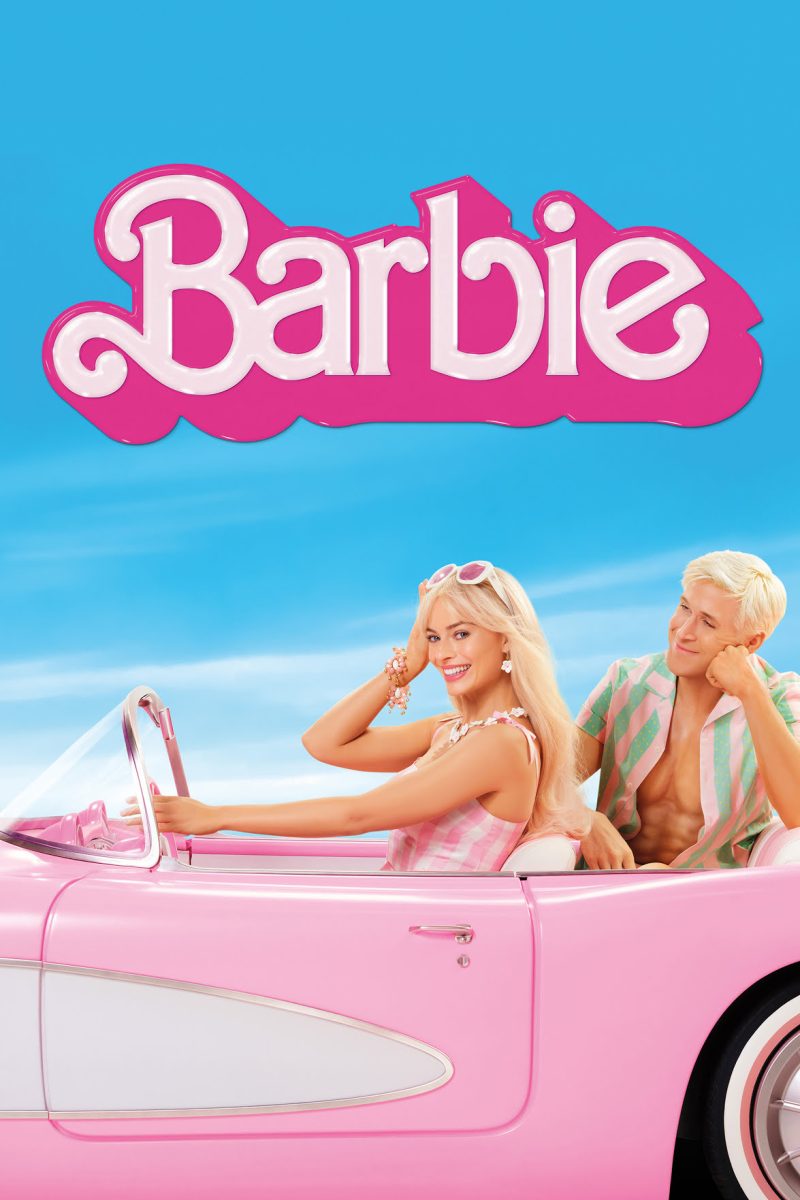Her name is Barbie, and Mattel just made a boatload of money with a movie about her.
My initial question was: How much could this lump of overproduced material have to say that would fill a runtime of one hour and 54 minutes? And the answer is apparently, a lot.
At this point, everyone has heard of, if not seen, Barbie. This product-centered film has become a cinematic cultural phenomenon and now the only question is, why? Is it the fact that Barbie on its own has been a staple toy in households for decades? Is it because of the relentless marketing that has plastered the Barbie logo on products ranging from Build-a-Bears to Crocs?
You’re one click away from your spring goodie bag! Take a peep at this link!
https://imgur.com/a/iTfUpT9
Although these aspects of the film’s rollout definitely had a hand in its success, many consumers are attributing the global fascination with the movie to its content. More specifically its themes that center on woman-based issues like misogyny, the patriarchy, and beauty standards.
The in-depth commentary on womanhood delivered in Barbie was a surprise enthusiastically welcomed by viewers. Businesses generally attempt to remain as neutral as possible when it comes to ideology, so this unapologetic take on female empowerment came largely unexpected. A film from such a notable corporation like Mattel promoting such polarizing subject matter with one of their best-selling products is practically unheard of. Taking this direction clearly worked in the company’s favor, as it was met with seemingly never-ending amounts of hysteria. After watching the film, it is obvious why Mattel chose to take this risk.
The famous doll has been bombarded with criticisms about its contributions to beauty standards since the rise in demand for inclusivity in recent years. Intertwined with the plot was the ever-present desire to dismantle the thought of Barbie as only being representative of blond, white, and skinny women. The film even personifies these claims through the character of Sasha, who at one point says, “You’ve been making women feel bad about themselves since you were invented.” Sasha is a character I cannot help but identify with because her point of view reflects my own personal experience with Barbie.
In my formative years, I was more drawn to Bratz or Monster High dolls as they promoted ideas of self-expression and radical acceptance that seemed to directly combat everything Barbie stood for. It was almost as if the alternative doll brands were made in direct response to the one-note, cookie-cutter image that Barbie publicized. Amongst the crowds of Barbie fans clamoring to theaters adorned in pink attire, I was one of the skeptical outliers that Mattel was seemingly trying to reach. Centering the film around inclusivity was a natural path for Mattel to take with the growing value younger people have placed on brand representation in recent years. It’s no surprise that Mattel took this as an opportunity to address concerns regarding the image of the popular toy and as a reformed-Barbie-hater, I can’t say that it didn’t work.
Regardless of Mattel’s ultimate intentions, the movie itself is packed with important messages hidden under the guise of glamour to reach a universal audience.
The unbelievable success of this movie in my opinion is a net positive, as it can only promise more woman-centered stories being told in the media. The initial interest in the Barbie movie may have come from the preexisting popularity of the brand, but the mania is being sustained by the neglected demographic of adult women championing it. Content that focuses on the sometimes-imprisoning experience of being a woman does not often, if ever, receive the large-scale promotion and theatrical release that Barbie did. The clear lack of a romantic storyline and the representation of normal women unaltered by plot devices that would make them extraordinary – like superpowers – is what gives this movie life.
With stunning stylistic choices and a story that connects to the specific struggles of half our population, there are many reasons why Barbie is receiving record-breaking amounts of attention. Though, with tongue-in-cheek references to the profit-hungry suits behind Mattel, it is somewhat impossible to ignore the bigger monetary picture here.
Overall, Barbie is a thought-provoking film with messages meant to reach all people, even its biggest critics, whose popularity is still hitting the ceiling with no signs of stopping. Consumers can only hope that this brings a new era of film that is more feminine, more thoughtful, and more pink.






















